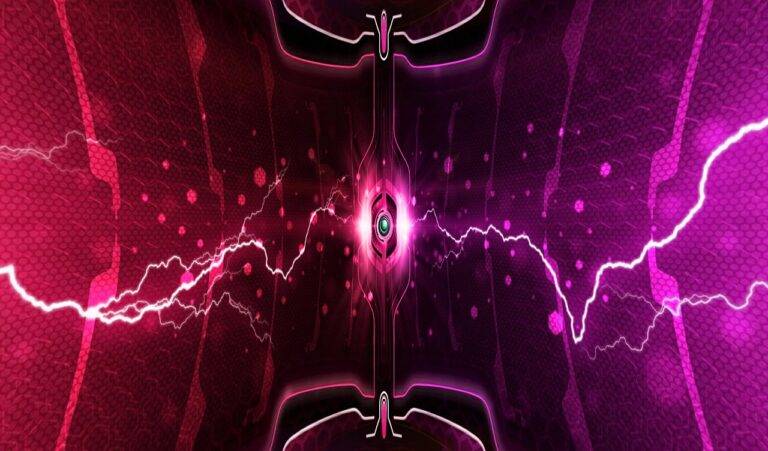The Role of Quantum Cryptography in Secure Communication
Quantum cryptography leverages principles of quantum mechanics to secure communication channels. Unlike traditional cryptography, which relies on complex mathematical algorithms to encrypt and decrypt data, quantum cryptography uses the unique properties of quantum physics to ensure the security of information exchange. One of the key advantages of quantum cryptography is its ability to detect any unauthorized interception of data, providing a higher level of security compared to classical cryptographic methods.
The foundation of quantum cryptography lies in the use of quantum bits or qubits, which can exist in multiple states simultaneously. This property allows for the creation of encryption keys that are virtually unbreakable using conventional means. By exploiting the phenomenon of quantum superposition and entanglement, quantum cryptography enables secure communication that is resistant to eavesdropping and tampering. This innovative approach has the potential to revolutionize the field of data security and enhance the protection of sensitive information in various applications.
How Quantum Cryptography Differs from Traditional Cryptography
Quantum cryptography differs significantly from traditional cryptography in its approach to securing communication. Traditional cryptography relies on complex mathematical algorithms to encode messages, ensuring that only authorized individuals can decrypt and understand the information. However, quantum cryptography utilizes the principles of quantum mechanics to achieve a higher level of security. By leveraging quantum properties such as superposition and entanglement, quantum cryptography offers a more secure means of encryption that is virtually impossible to intercept or hack.
In traditional cryptography, the security of encrypted messages is based on the computational difficulty of solving mathematical problems. This means that with enough computing power and time, hackers could potentially decipher encrypted messages by brute-force methods. On the other hand, quantum cryptography relies on the Heisenberg uncertainty principle to detect any eavesdropping attempts, as any interception would disrupt the quantum state of the encoded information. This fundamental difference in approach makes quantum cryptography a promising solution for achieving truly secure communication in the digital age.
The Concept of Quantum Key Distribution
Quantum key distribution (QKD) is a groundbreaking method of securely sharing cryptographic keys between distant parties. This technology leverages the fundamental principles of quantum mechanics to ensure that any attempted interception or eavesdropping on the key transmission is immediately detected. The key distribution process in QKD is based on the principles of quantum superposition and entanglement, making it virtually impossible for a malicious third party to intercept the key without perturbing its quantum state and alerting the legitimate users.
The concept of QKD relies on the properties of qubits, the basic units of quantum information, to establish a secure communication channel. By exploiting the unique characteristics of qubits, such as superposition and uncertainty, QKD enables the generation of cryptographic keys that are intrinsically secure. Unlike traditional cryptographic methods that rely on the complexity of mathematical algorithms, QKD offers a level of security that is theoretically unbreakable, providing a quantum-safe solution for protecting sensitive information in an increasingly interconnected world.
What is quantum cryptography?
Quantum cryptography is a method of securing communication using principles of quantum mechanics.
How does quantum cryptography differ from traditional cryptography?
Quantum cryptography relies on the laws of physics, such as Heisenberg’s uncertainty principle, to secure communication, while traditional cryptography uses mathematical algorithms.
What is the concept of quantum key distribution?
Quantum key distribution is a method of securely distributing cryptographic keys using quantum mechanics.
How does quantum key distribution enhance security?
Quantum key distribution offers a higher level of security compared to traditional key distribution methods, as it is theoretically impossible for an eavesdropper to intercept the key without being detected.
Can quantum key distribution be implemented in practical applications?
Yes, quantum key distribution has been successfully implemented in various real-world scenarios, such as secure communication between financial institutions and government agencies.





